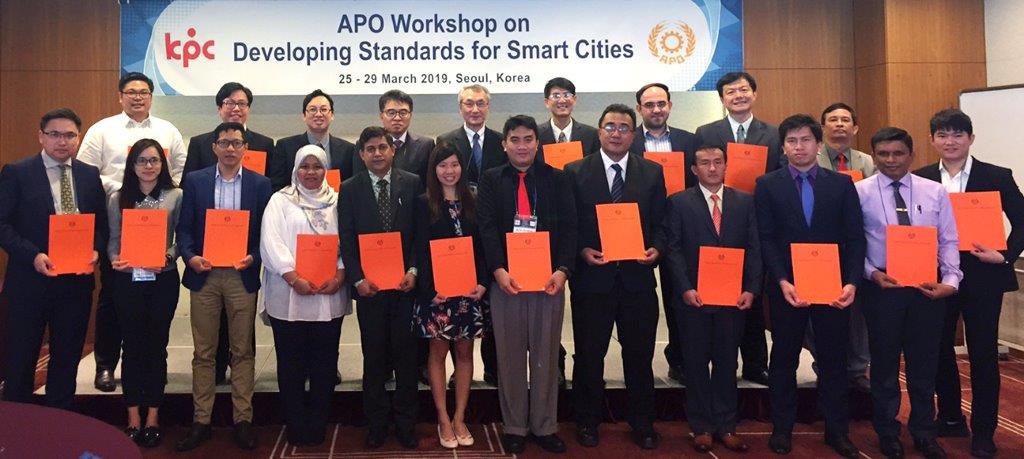
Select Page
The growing trend of urbanization is stressing and challenging city infrastructure. It is, however, also driving local governments to innovate and adopt new technologies, processes, and systems that promise to make the cities smarter and urban infrastructure management more efficient.
 With more people living together, smart systems and their integration are required, not only to provide the services that people need but also to do so efficiently with minimum impact on the environment. Efficient technologies and ICT, including the Internet of Things, are common denominators of smart cities, linking services, mobility, infrastructure, and energy.
With more people living together, smart systems and their integration are required, not only to provide the services that people need but also to do so efficiently with minimum impact on the environment. Efficient technologies and ICT, including the Internet of Things, are common denominators of smart cities, linking services, mobility, infrastructure, and energy.
To enable policymakers, urban planners, consultants, and researchers to learn more about the emerging trends, technologies, solutions, and models of digital-era future cities, the Asian Productivity Organization (APO) conducted a workshop on Developing Standards for Smart Cities in Seoul, 25–29 March 2019, in collaboration with the Korea Productivity Center.
The five-day workshop focused on how new technologies and management solutions can be used to improve urban and city planning for creating a more efficient, productive, sustainable society. It also provided participants with a platform to deliberate on their experiences in developing and managing smart cities, including challenges in applying solutions like smart mobility, integrated grids, and intelligent building, lighting, and water management.
The workshop was attended by 19 participants from 15 APO member countries. Three resource speakers took them through the overall concept, main factors, features of smart city solutions, and best practices, including policy and administrative components and approaches to community engagement for smart development. The APO-assigned resource persons were: Dr. Winnie Tang, JP, Founder and Honorary President of the Smart City Consortium, Hong Kong; Dr. Shinichiro Kawaguchi, President and Management Consultant, MSC International Co., Ltd., Japan; and Jung-Hwan Lim, Deputy Director, Ministry of Land, Infrastructure and Transport, ROK.
The participants visited two smart city-related centers to better understand approaches taken by the ROK to develop smart cities, the Transport Operation and Information Service in the Seoul metropolis and the Smart City Operating Center in Osan, Gyeonggi province. The workshop concluded with participants drafting roadmaps for the creation of smart cities in their countries based on the information and insights gained.
The project was part of the APO’s efforts to support members in identifying country-specific standards for promoting smart cities and more productive urban management.
Photo: Korea Productivity Center